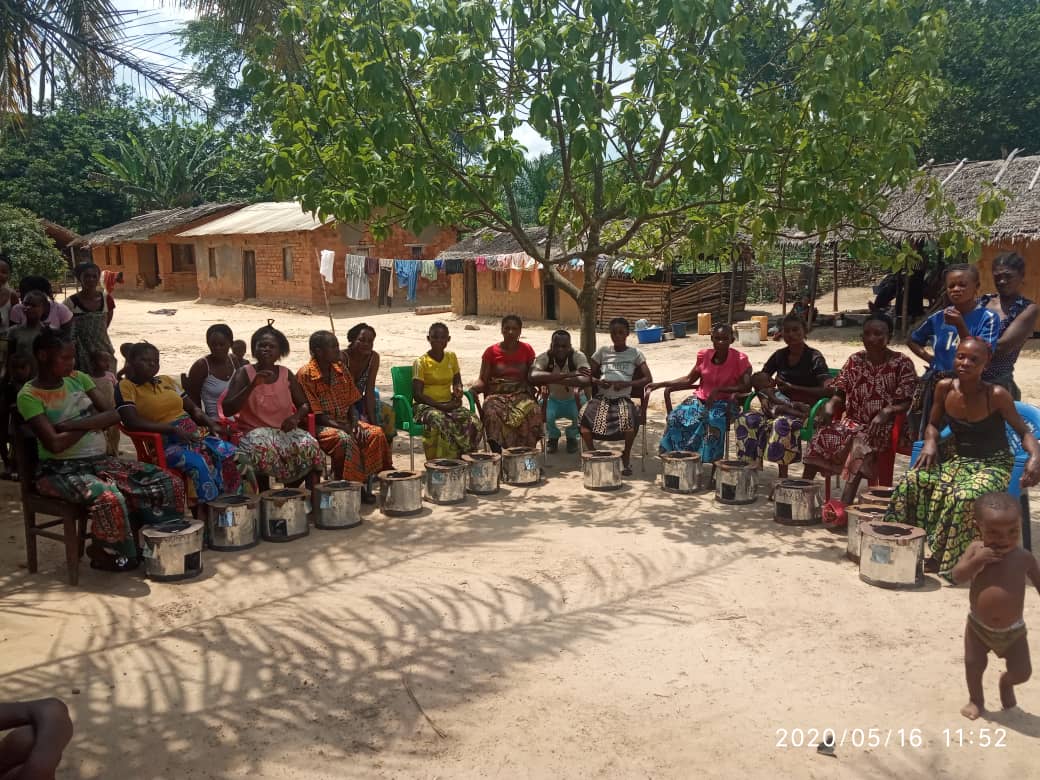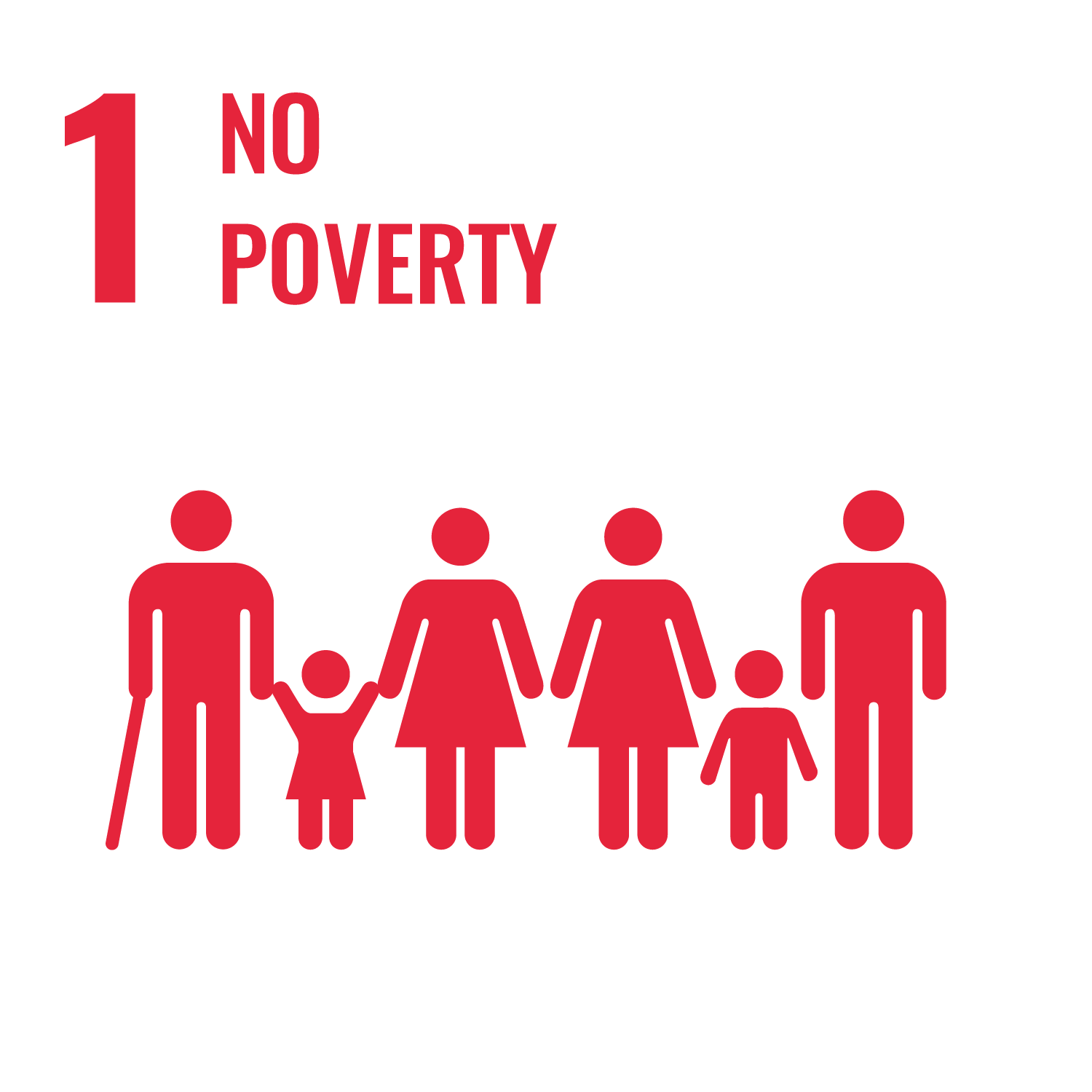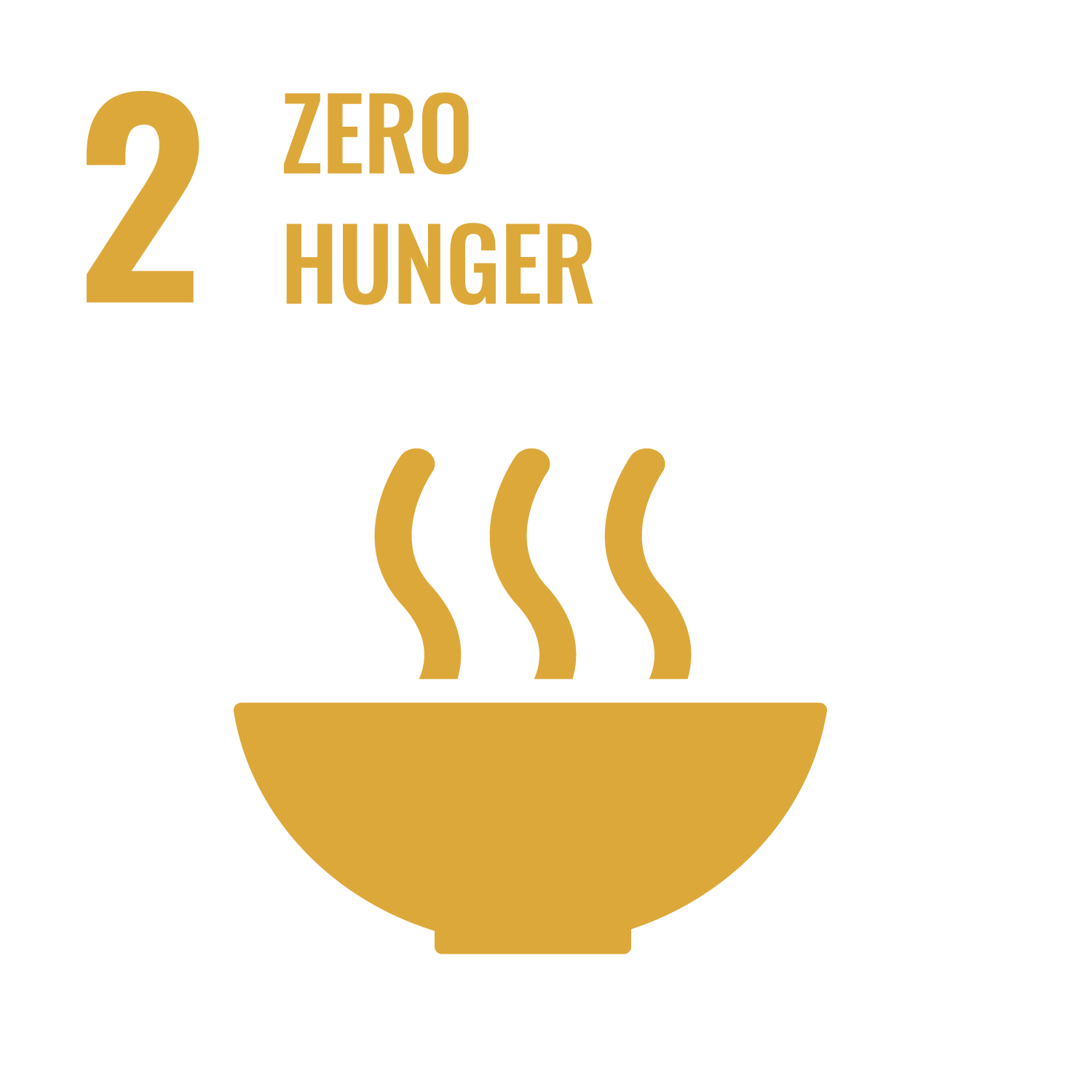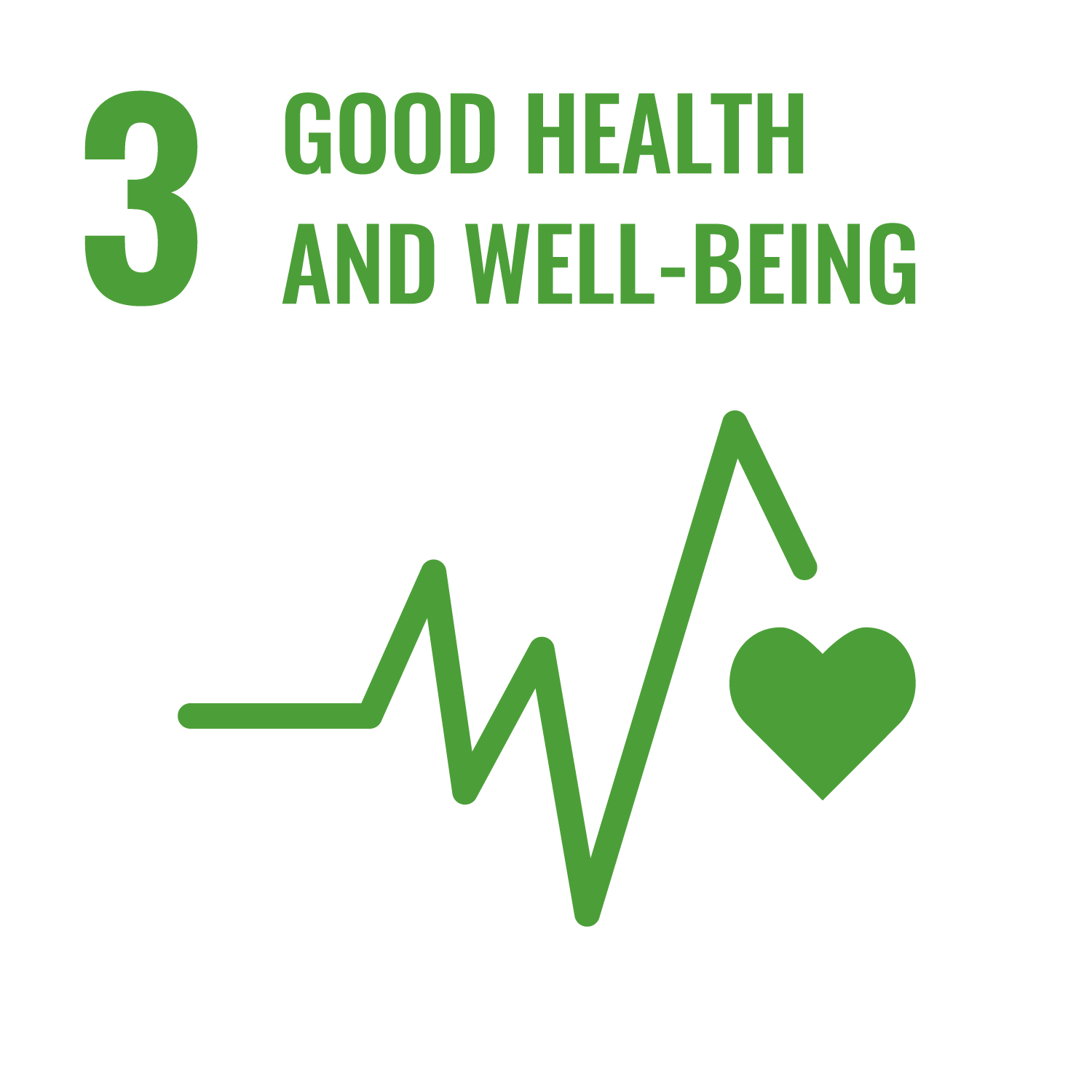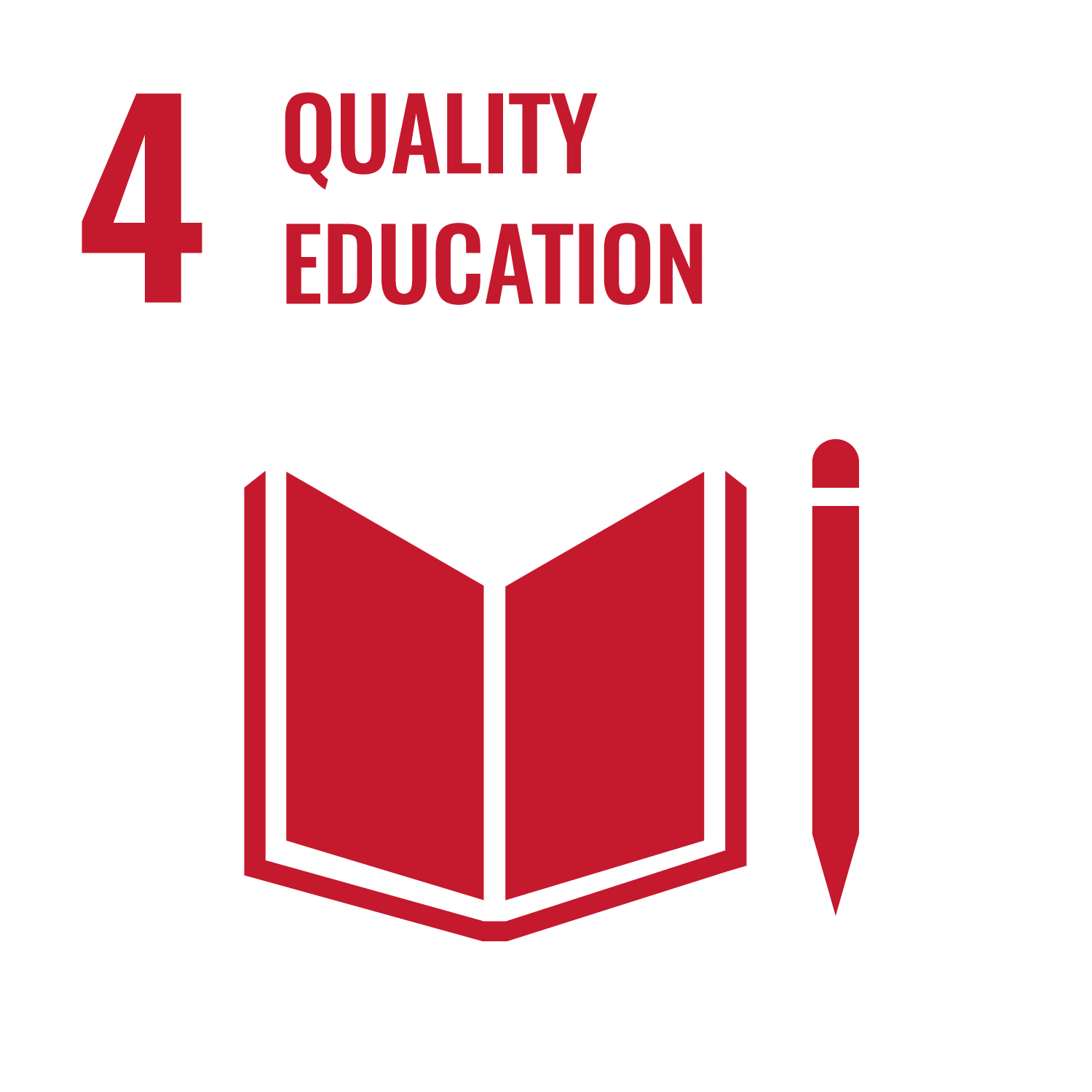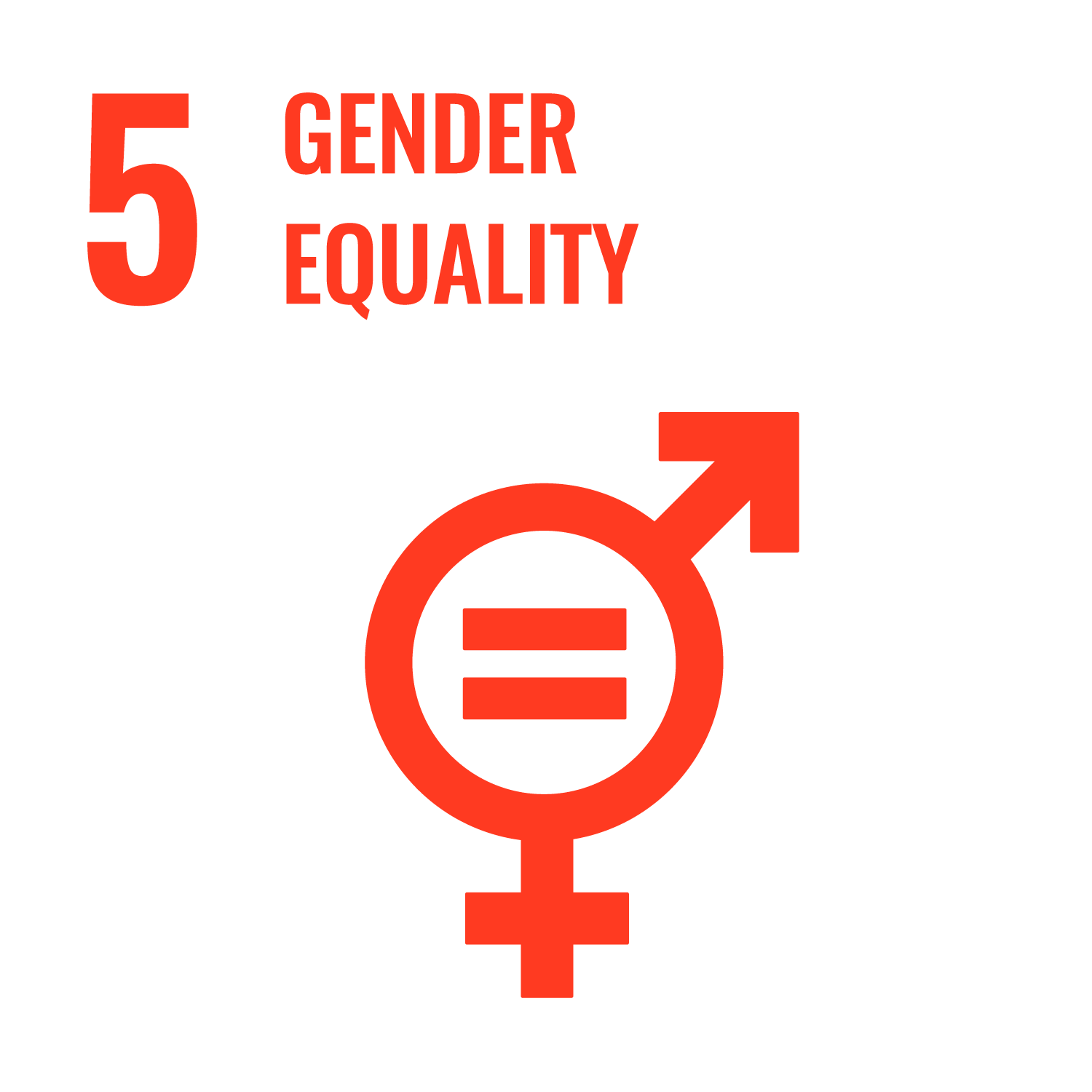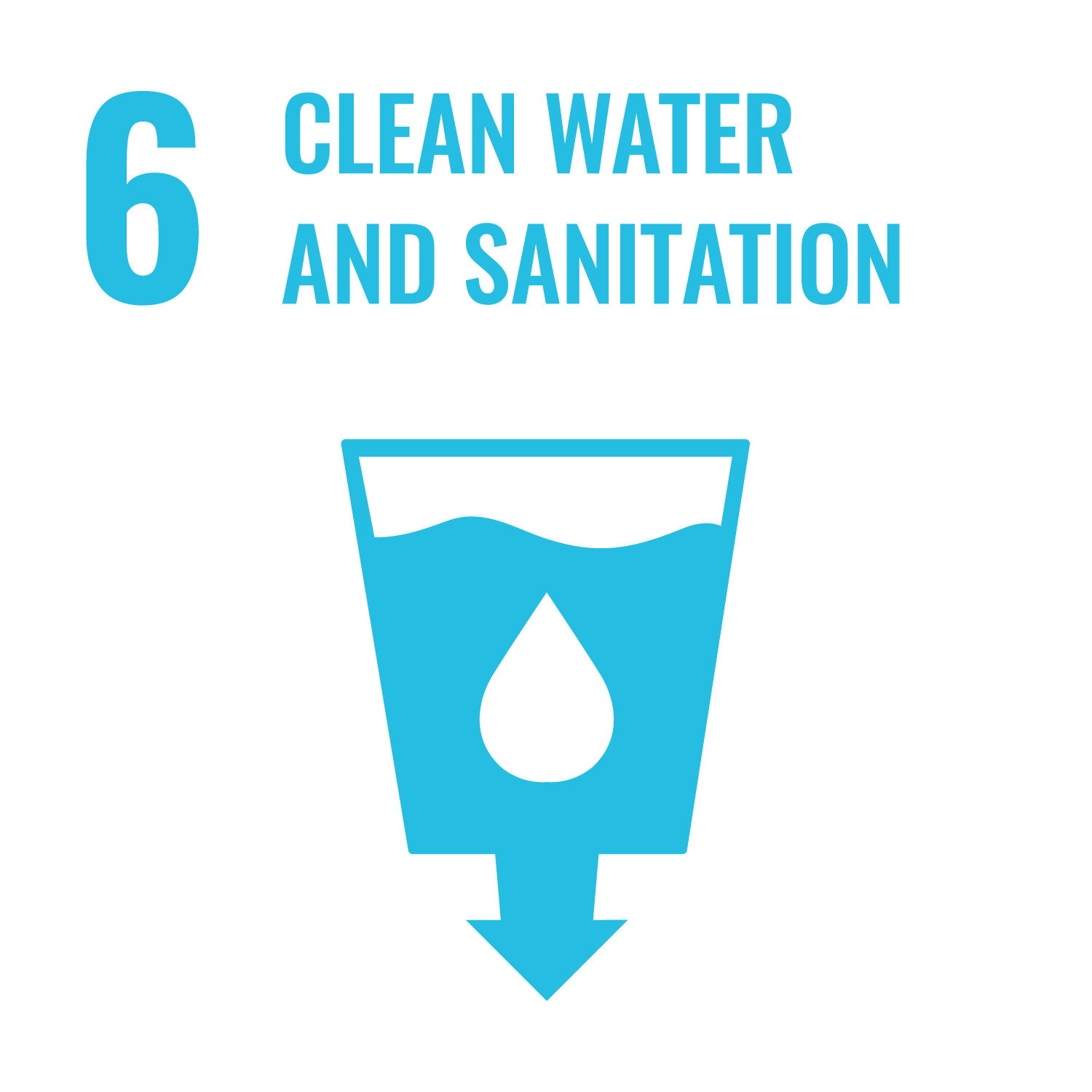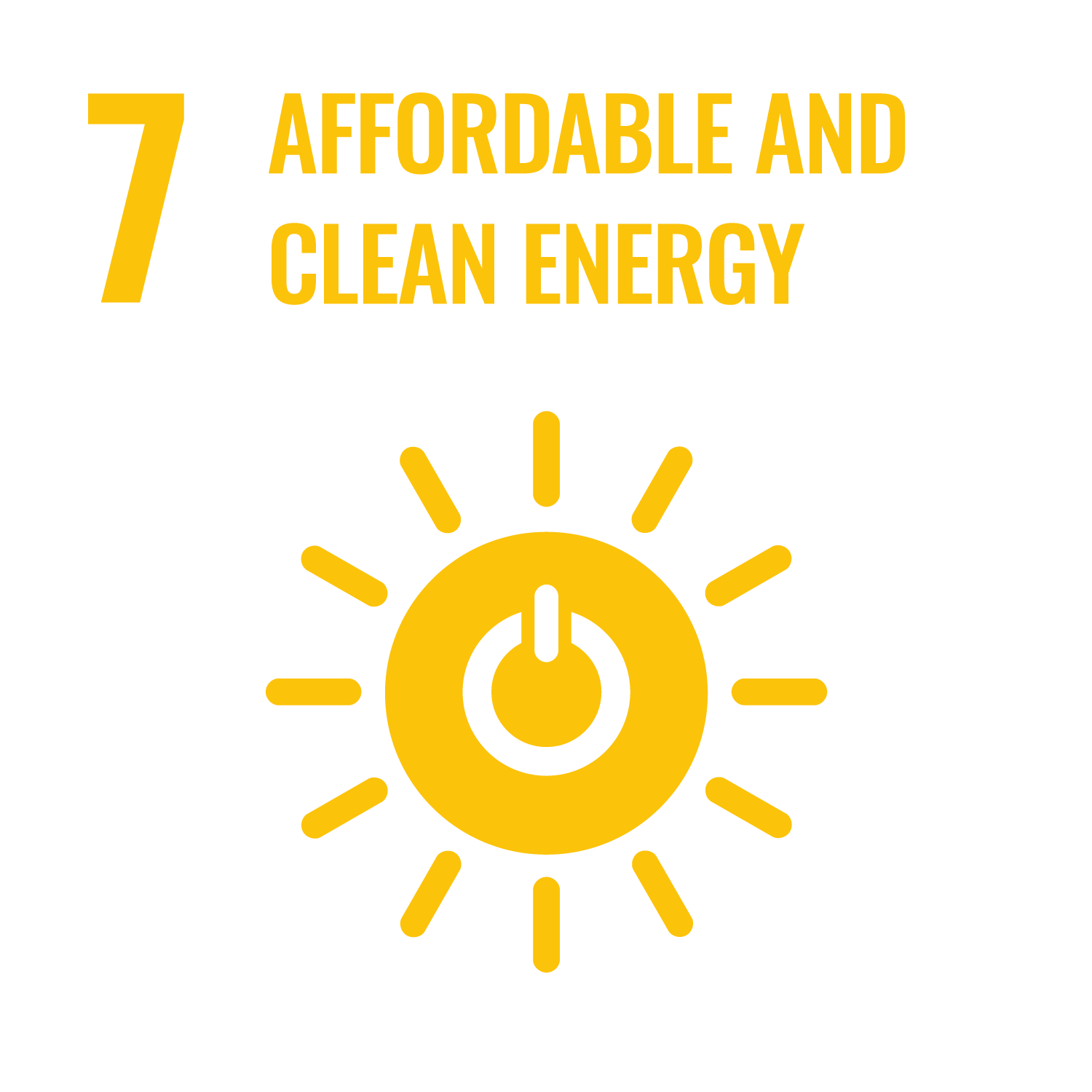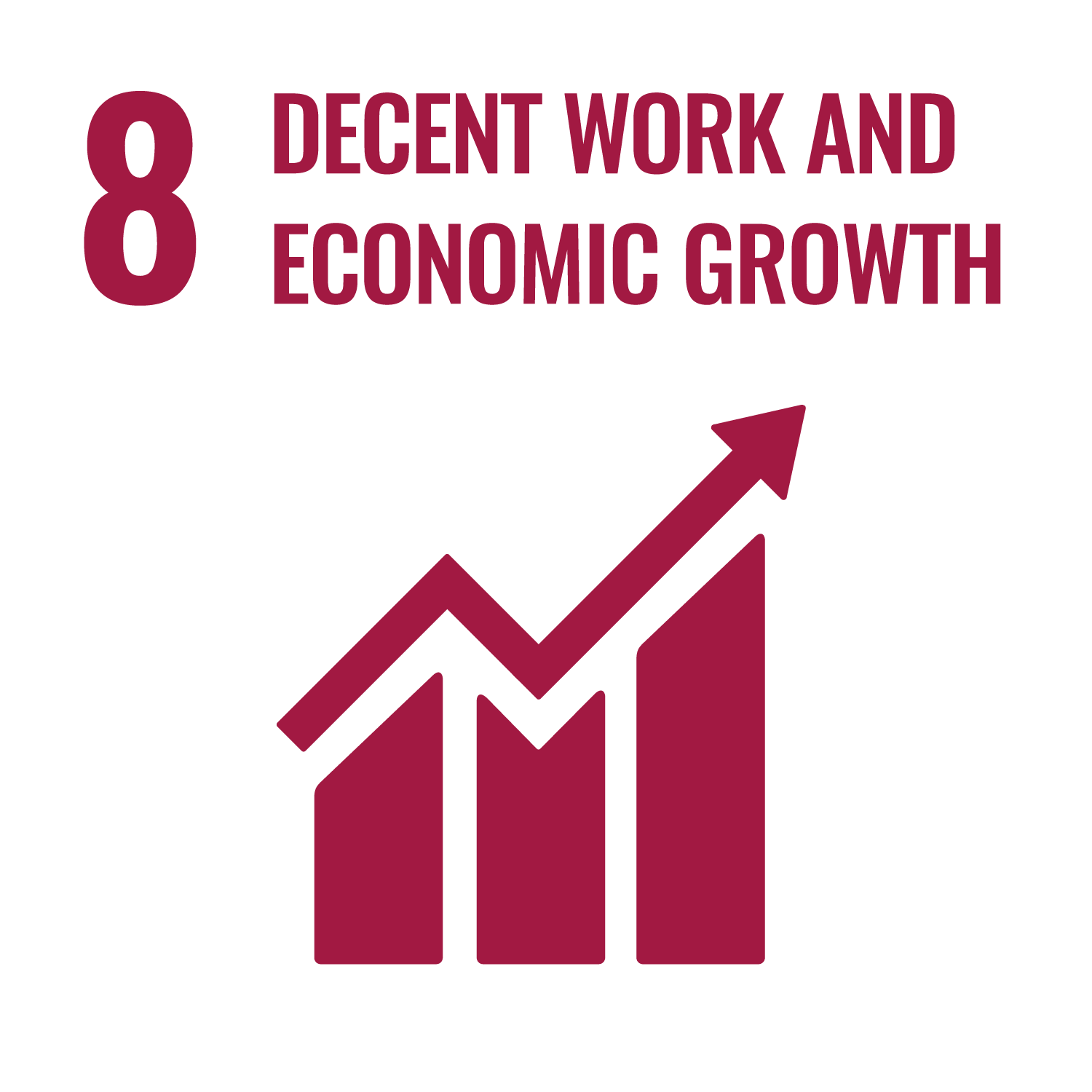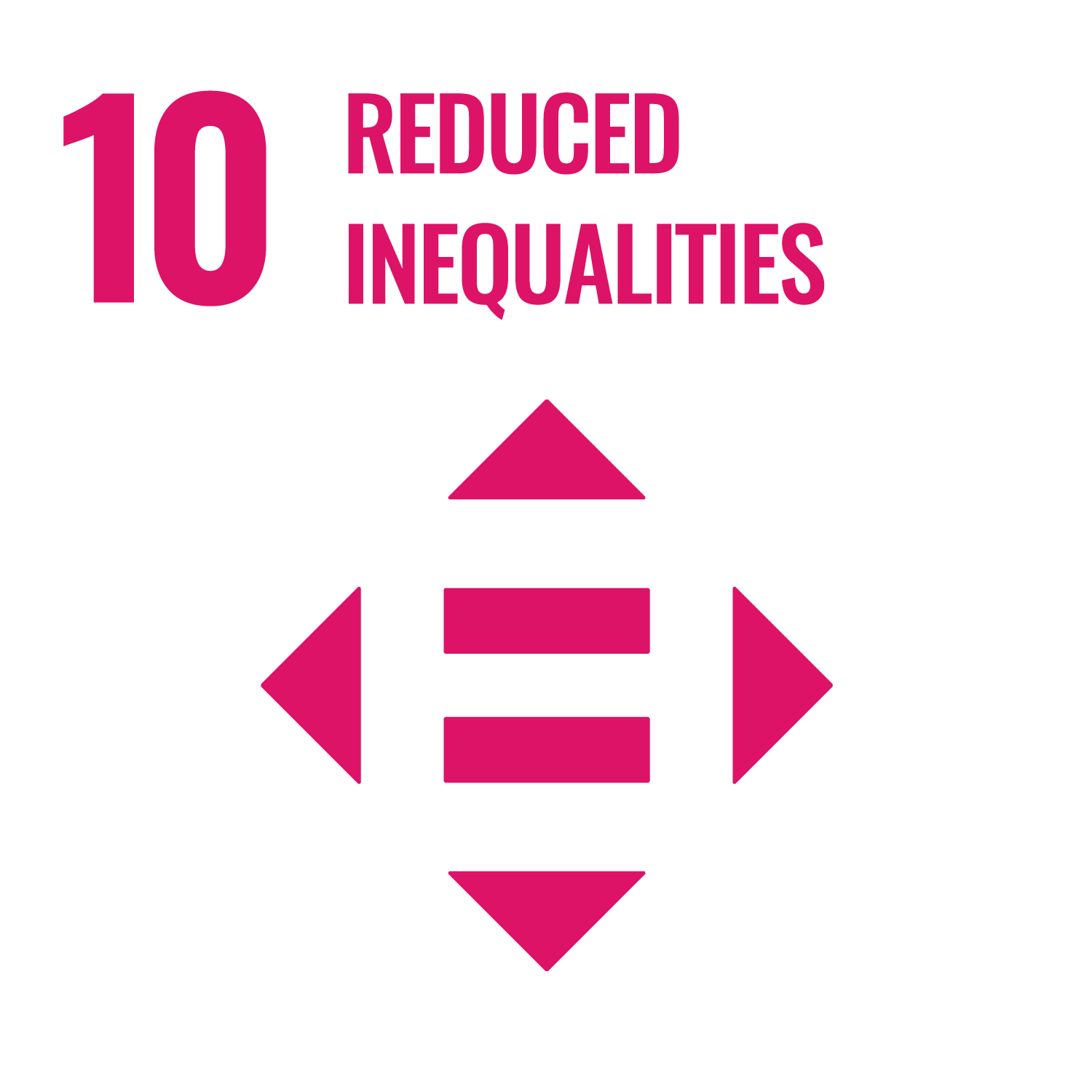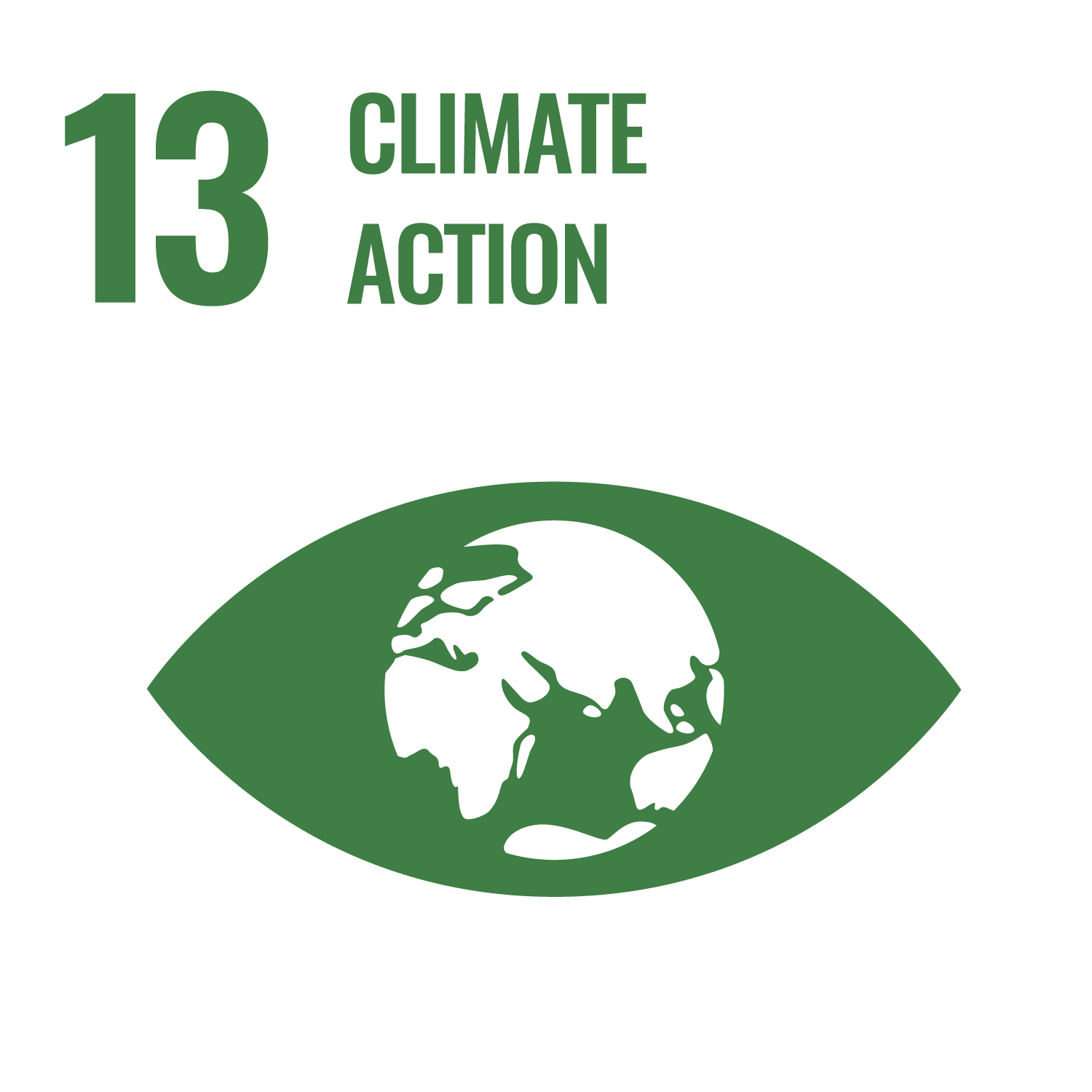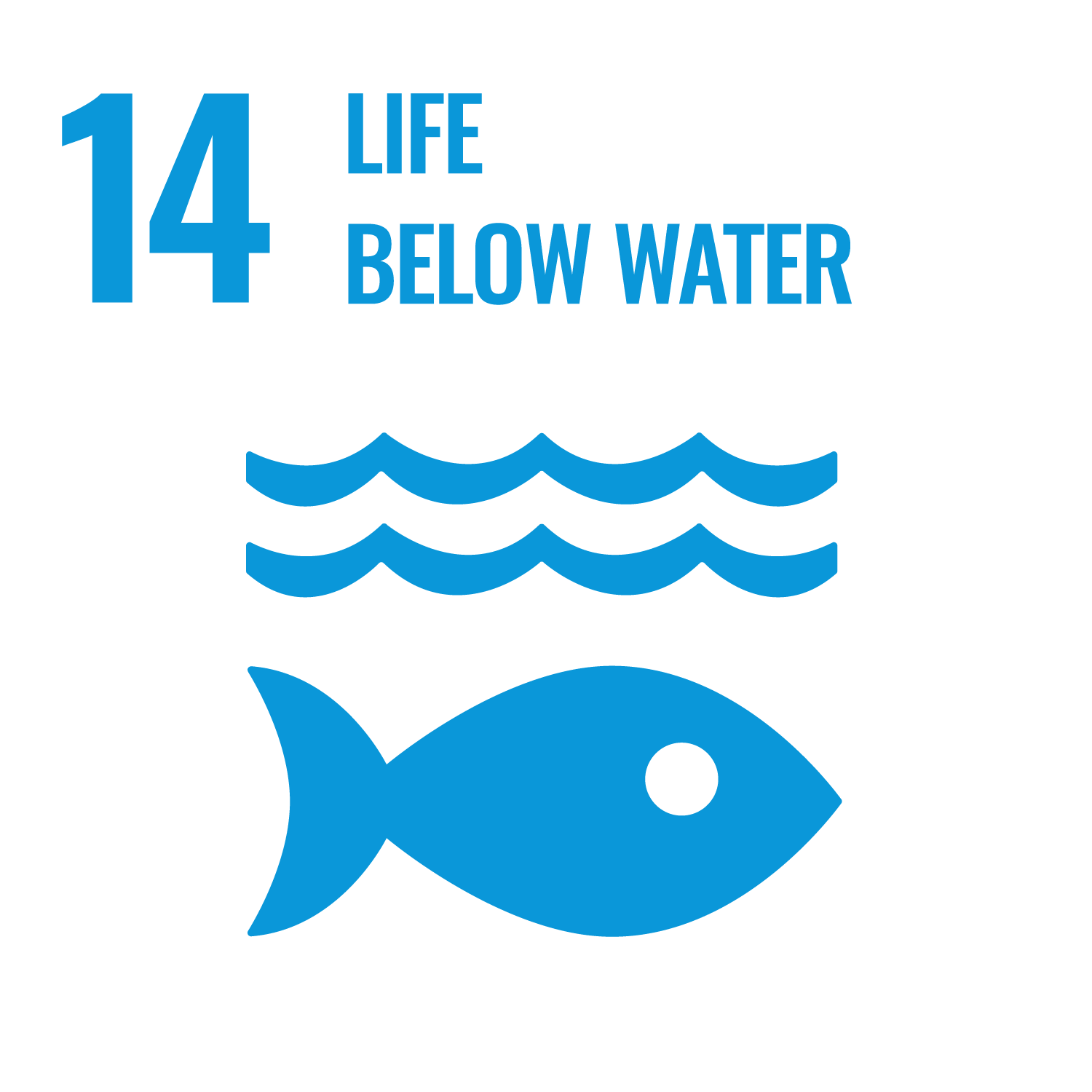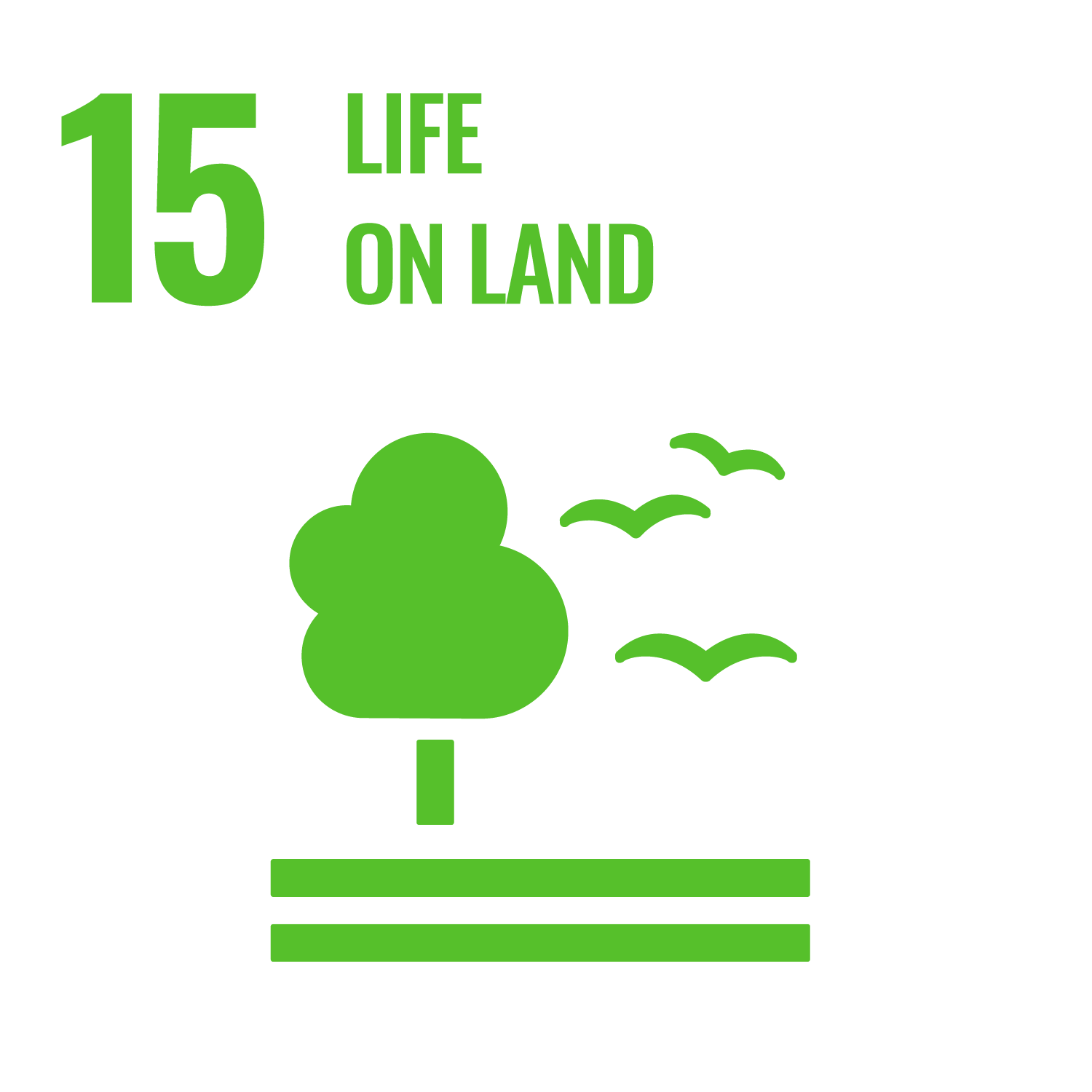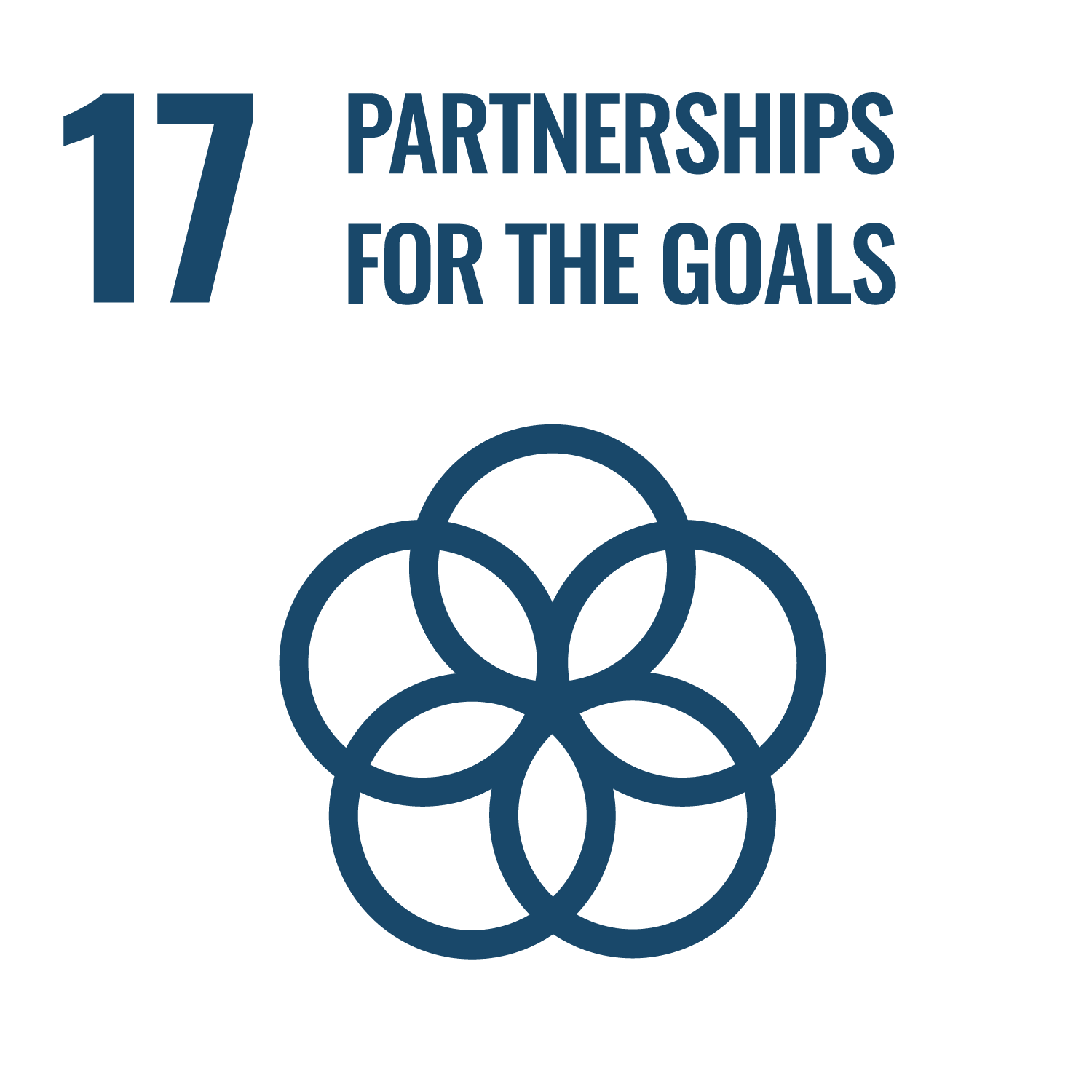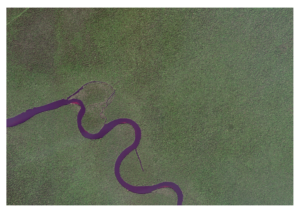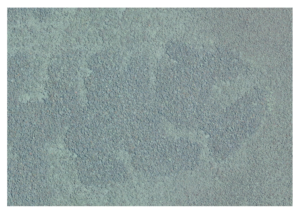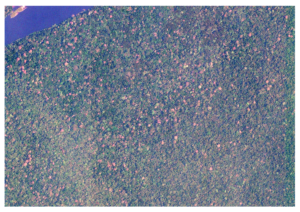The Democratic Republic of Congo hosts world’s second largest tropical humid forests. The Congo rainforest is a well-known for hosting several billion tonnes of Carbon in the natural ecosystem besides having high levels of Biodiversity. Congo forests have provided shelter to famous wildlife such as forest elephants, gorillas, chimpanzees, okapi, leopards, hippos and Lions for several millions of years. These species play a vital role in managing ecological functions. Over the past decades there have been declines in the forest due subsistence agriculture, forest-clearing for Charcoal & fuel wood and Logging resulting in emissions over 1.55 billion tonnes of Carbon annually. The Logging roads in Democratic Republic Congo have provided opportunity for wildlife hunting and poaching. This could threaten long-term health of the forests and wipe out several ecologically important animals. Thus, protection of these forests is critical to mitigate the divesting effects of climate change on the earth.
This project is designed to avoid 155,243,885,277 tCO2e from 2017 to 2116
National REDD+ Project
Project contribution to Sustainable Development Goals (SDG)
